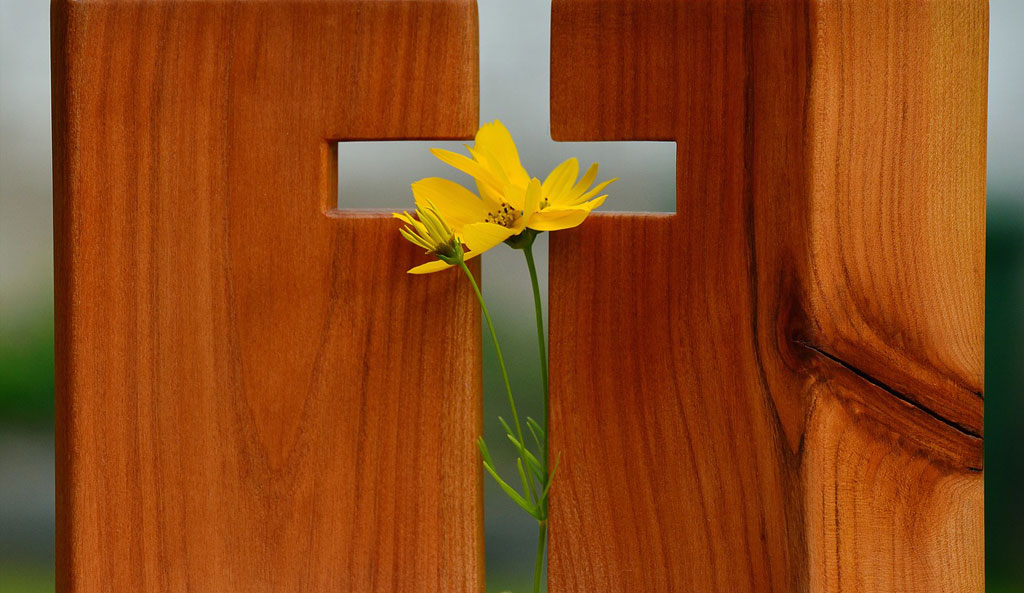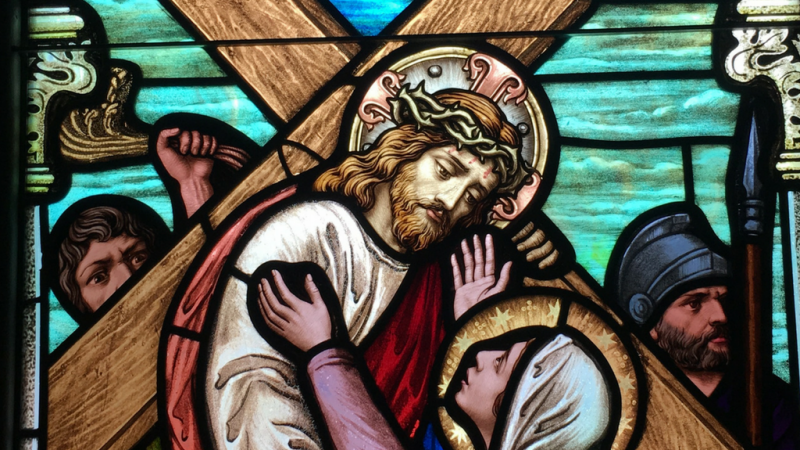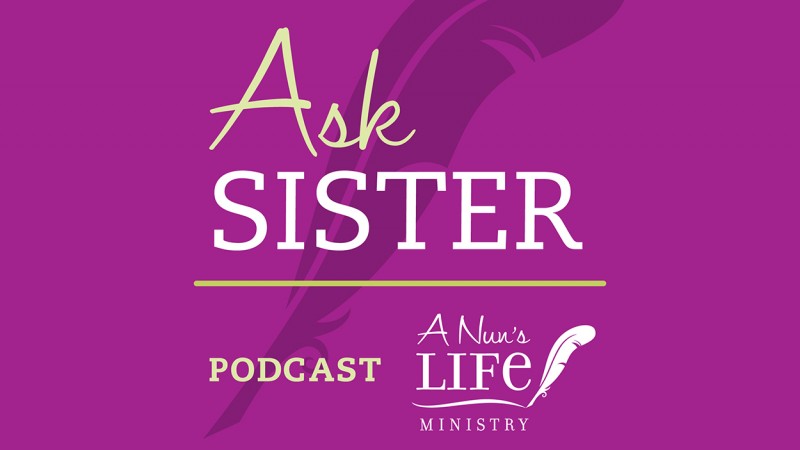
This Random Nun Clip is from In Good Faith episode 36, with Jim Rice, editor of Sojourners magazine. Hear the full podcast at IGF036.
Let us know your thoughts about the podcast by taking this short survey! Your input helps us shape the future of our podcasts! Click HERE to take the survey. Thank you!
SISTER MAXINE: Jim Rice is editor of Sojourners magazine.
SISTER JULIE: Jim currently serves as a research fellow for the new media project at Christian Theological Seminary.
SISTER MAXINE: There is so great a need for social justice in the world and it’s understandable we can feel almost helpless in the face of such great need. What might be ways to start working on behalf of social justice?
JIM: Well, first off, I have to acknowledge, and I think this was inherent in your question, that sometimes what we are called to is lament. I can’t help sometimes but read the paper and listen to the news and feel that my response has to begin with, “Out of the depths I cry to you, oh Yahweh,” a response of lament. There is a temptation, I think, to despair, or avoidance. But there is no hope in despair or avoidance. I think it’s important to remember that the majority of the world’s people, they don’t have the luxury of avoidance of the affects of violence, of the injustice in the world. So to me, the answer to your question, there’s a few things that I draw on. Number one, it seems very important to maintain a long-haul view. I think it’s very hard to have hope in the short term. Martin Luther King famously said that the arc of the moral universe is long, but it bends for justice. Hope that that’s true but I don’t naively think that it bends for justice by itself. The actions of people who make a difference in terms of whether or not you will confront injustice and actually change the world and bend it toward justice. I don’t think it happens by itself. So the first thing for me is that holding on to the long view and recognizing that the work of social justice requires a lifetime commitment. It’s not a short-term kind of question. Secondly, the importance of celebrating along the way. There was a woman who was one of the leaders of Sojourners community a while back who told the story about being in northern Nicaragua during the Contra war. One week when she was there, a child had been killed by a U.S. mine. On Saturday, the community there in Nicaragua gathered for the normal Saturday night fiesta, and she said, “I don’t feel like going, the trauma and the grief of that child being killed.” The response she got was, “You aren’t going to be here long, are you.” The people there in Nicaragua said, “if you’re in the struggle for your lifetime, you have to find time to party. Rejoice in what is good.” I think that’s very important, that we celebrate along the way, because we are in it for the long haul. Finally, for me, the last thing the kind of keeps giving me hope for this kind of work is, I guess the best way to put it, is remembering who is in charge. (chuckle) For me personally, one of the things that I really need to draw on for inspiration is the story of South Africa. I was involved in our contribution to the antiapartheid movement here. We organized events around that, so I felt very deeply connected to the struggle of those in the 1980s, in particular, working against apartheid. But it felt kind of hopeless. It did not seem possible to me to have a change, a transformation of the apartheid system without rivers of blood being shed. And yet, Nelson Mandela came out of prison. He spoke of reconciliation and forgiveness and unity. And a miracle happened. A transformation occurred that was almost impossible to imagine. Who better to be involved in these kinds of movements for social change than Christians? Because we’re people who believe in miracles.
SISTER MAXINE: To hear full episodes of A Nun’s Life podcasts, visit the podcast page at anunslife.org/podcasts.
This transcript has been lightly edited for readability.






